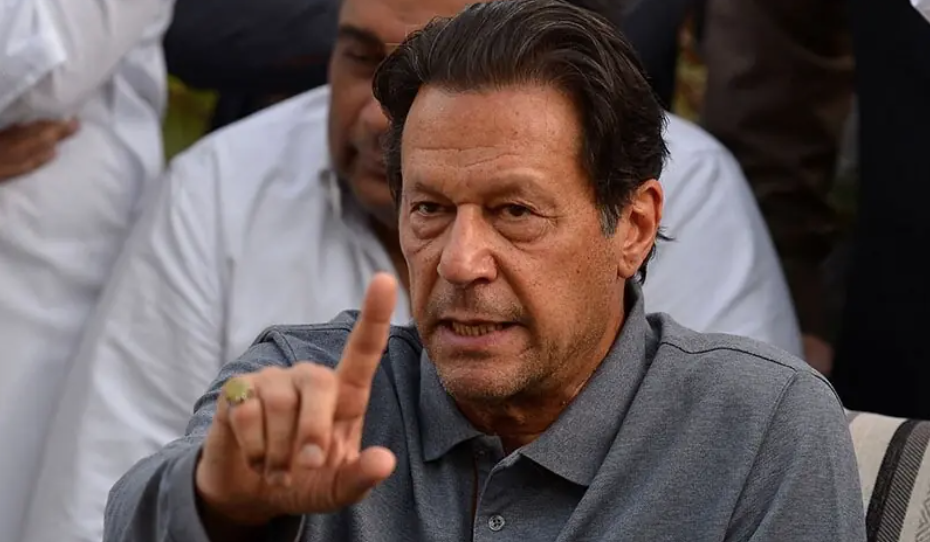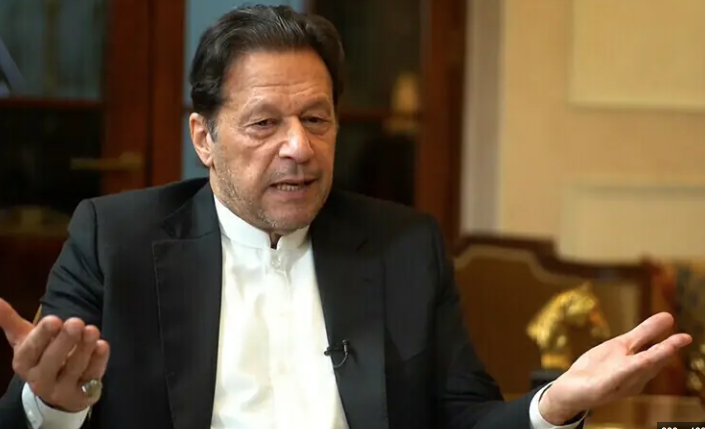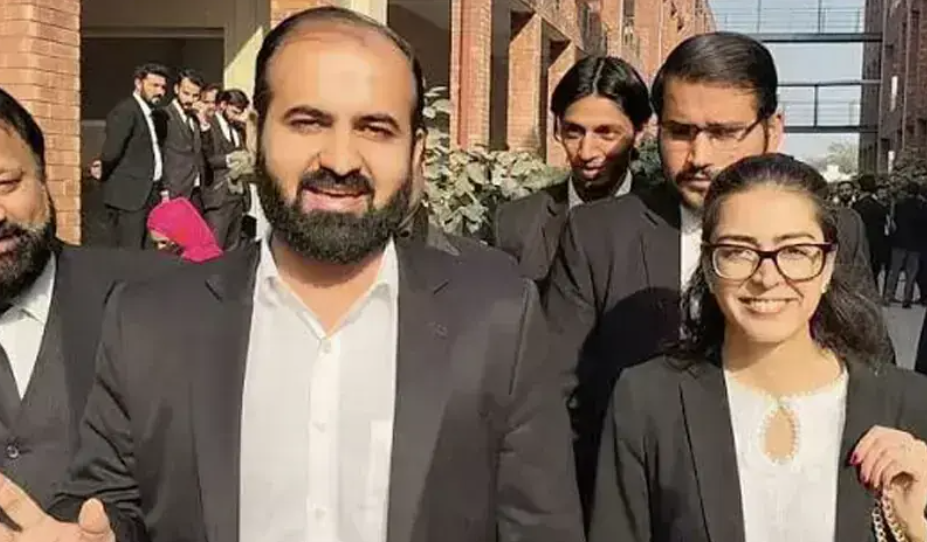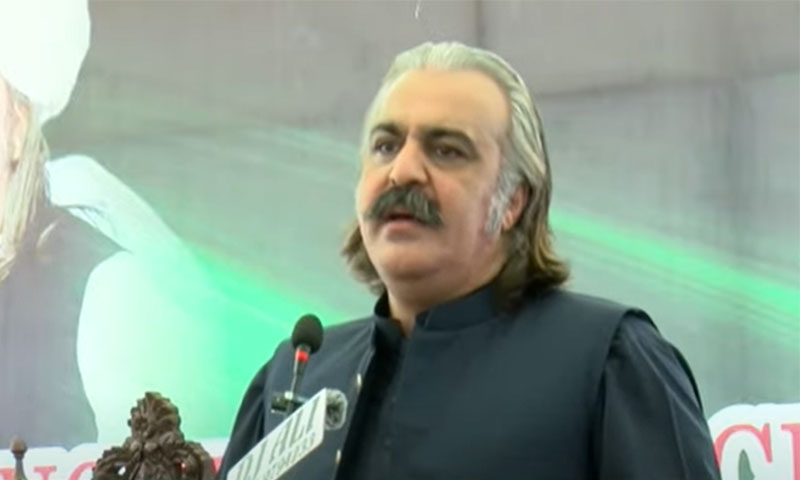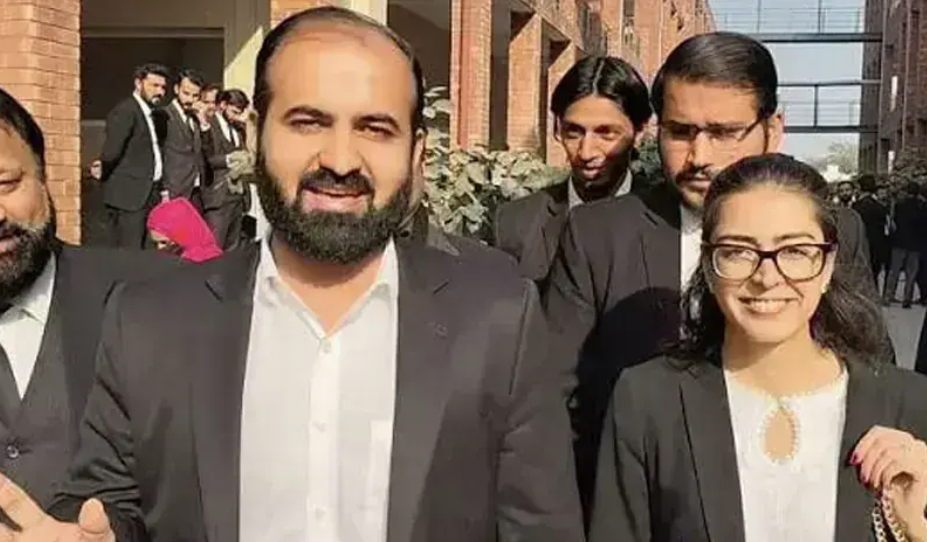LEGAL
SC Constitutional Bench Challenges Civilians' Trial in Military Courts, Stresses Judicial Independence
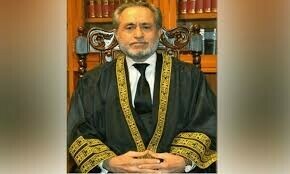
The ongoing legal debate regarding the trial of civilians in military courts continued on Tuesday in Pakistan's Supreme Court. A constitutional bench, headed by Justice Aminuddin Khan, heard appeals against the decision allowing military courts to sentence civilians involved in the May 9, 2023, riots. The bench raised critical questions about the role of the executive in judicial matters, asserting that the Constitution does not permit the executive to assume judicial functions.
On December 13, 2023, the Supreme Court's constitutional bench had conditionally allowed military courts to pronounce reserved verdicts for 85 civilians, still in custody for their alleged involvement in the violent May 9 protests. Military courts had convicted 25 individuals on December 21, sentencing them to prison terms ranging from two to ten years for their role in attacks on military installations during the nationwide unrest. Later, another 60 civilians received similar sentences.
On January 2, 2024, the mercy petitions of 19 convicts involved in the riots were accepted on humanitarian grounds, further complicating the ongoing legal process.
During Tuesday's hearing, Justice Jamal Khan Mandokhail delivered a key remark, stating that the executive cannot perform judicial functions. The bench questioned whether the Ministry of Defence, in filing an appeal, was acting as an executive entity rather than an impartial judicial body. This statement challenged the core premise of the military court trials for civilians, particularly given that the Ministry of Defence was involved in the appeal process.
Advocate Khawaja Haris, representing the Ministry of Defence, argued that the Supreme Court had previously allowed civilians to be tried under military courts in specific cases. In response, Justice Mandokhail asked a pointed question: "If there is a crime against the executive, will it become a judge and decide?" He emphasized that the Constitution makes a clear division of powers between the executive, legislature, and judiciary. The Constitution specifically prohibits the executive from assuming the role of the judiciary.
“The division of power is very clear; the executive cannot play the role of the judiciary. There is a basic constitutional question when it comes to military courts,” Justice Mandokhail asserted.
While Haris contended that in the absence of other legal forums, the executive had the right to make decisions, Justice Mandokhail referred to anti-terrorism courts as an appropriate venue for such trials. He questioned how the executive could assume judicial functions in matters that fall under legal forums.
The debate then moved to the application of Article 8(3) of the Constitution, which governs the discipline of the armed forces. Justice Mandokhail questioned whether criminal matters, such as those related to civilian trials, could be included in this article. He also pointed out that while military personnel are subject to the Army Act, they remain citizens entitled to fundamental rights under the Constitution.
Haris responded by defending the Army Act, asserting that it could not be challenged on the basis of fundamental constitutional rights. However, Justice Mandokhail asked whether an individual joining the military effectively forfeits their fundamental rights, implying that military courts should not be a blanket solution for criminal cases involving civilians.
Justice Mandokhail's concerns extended to how military courts might treat citizens who are not part of the armed forces but find themselves caught in military operations or at military checkpoints. He questioned whether civilians in such situations could be tried in military courts, even if they were not directly involved in any offense.
"Well, now you’ve mentioned a particular situation, I can’t say anything about that," admitted Haris, referring to the May 9 riots, though Justice Musarrat Hilali quickly pointed out the relevance of such questions in the case.
Justice Mazhar's contribution to the discussion clarified that the issue boils down to whether a civilian is found guilty under the Army Act. If the individual is guilty of a crime, a trial under military law could proceed, but this would not apply to someone simply standing near a checkpoint without committing an offense.
Constitutional Crisis and Public Sentiment
The legal battle over military trials for civilians has sparked significant debate in Pakistan, with many legal experts and civil rights advocates raising concerns about the erosion of constitutional rights. Senior bar leader Senator Hamid Khan voiced strong opposition to the use of military courts for civilian trials, calling the sentences handed down to civilians unconstitutional. His remarks align with growing public sentiment that military trials undermine the principles of due process and judicial independence enshrined in the Constitution.
The Supreme Court's stance on this matter is crucial, as its ruling could set a precedent for the treatment of civilians in future cases involving the military. The bench’s questioning of the executive's role in judicial decisions highlights a potential constitutional crisis that could affect the balance of power in Pakistan’s legal system.
Looking Ahead
The case continues to unfold, with the constitutional bench set to further examine the constitutional implications of military trials for civilians. As the legal community and citizens await the court's ruling, the central issue remains whether Pakistan's legal framework can accommodate the use of military courts for civilian trials without violating fundamental rights.
The hearing is expected to continue in the coming weeks, with significant attention on how the court resolves the balance between national security concerns and the constitutional rights of individuals.
